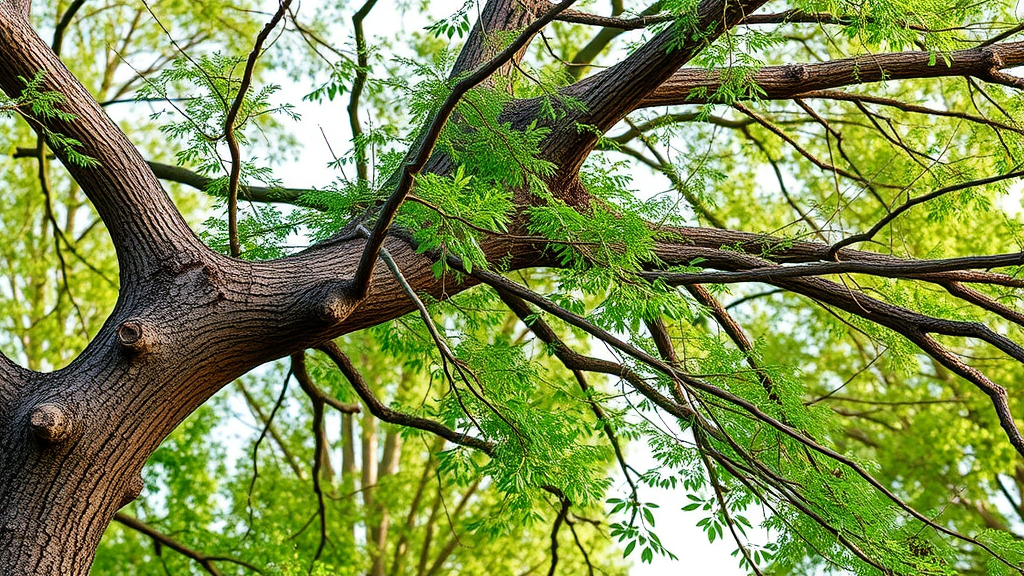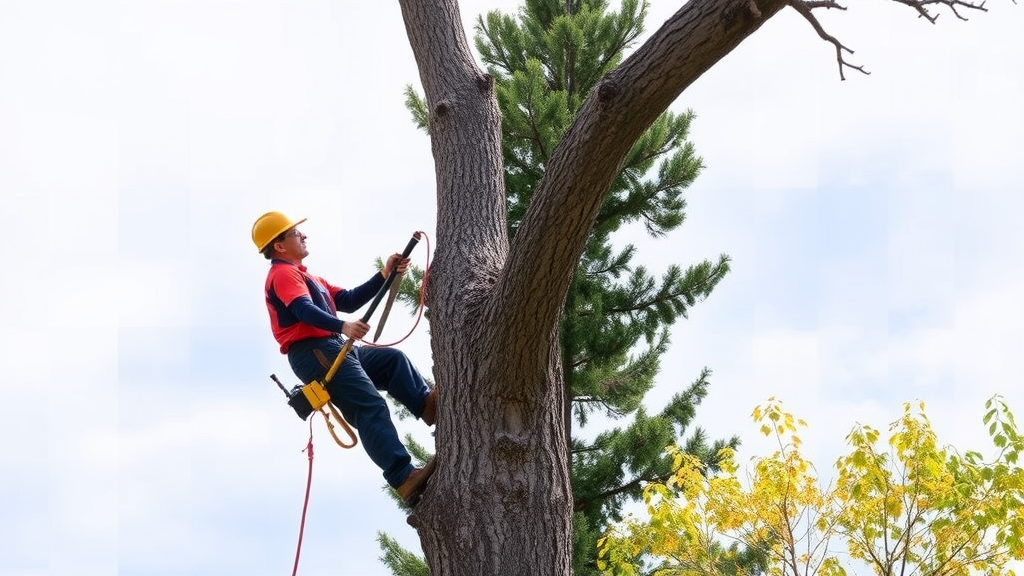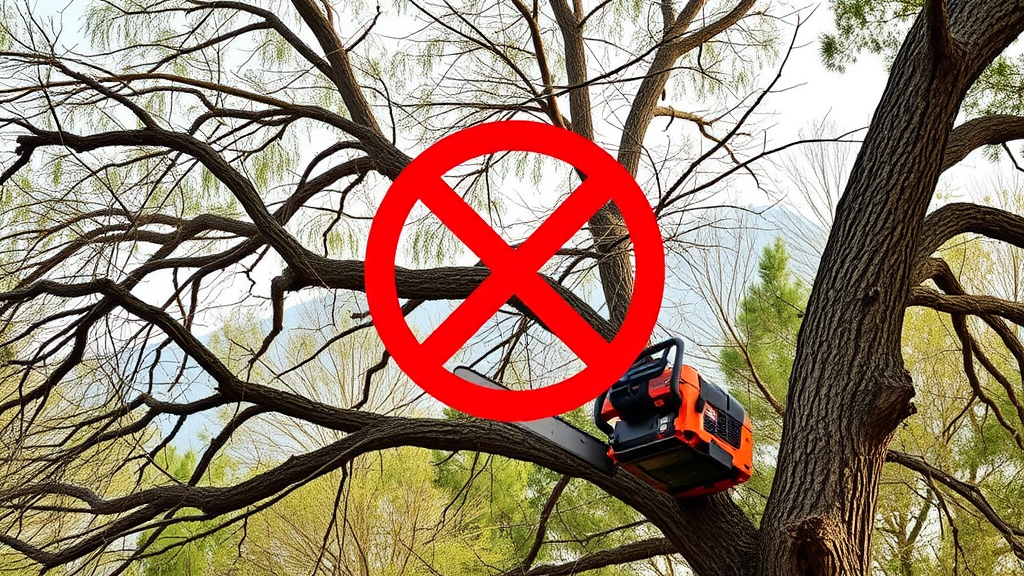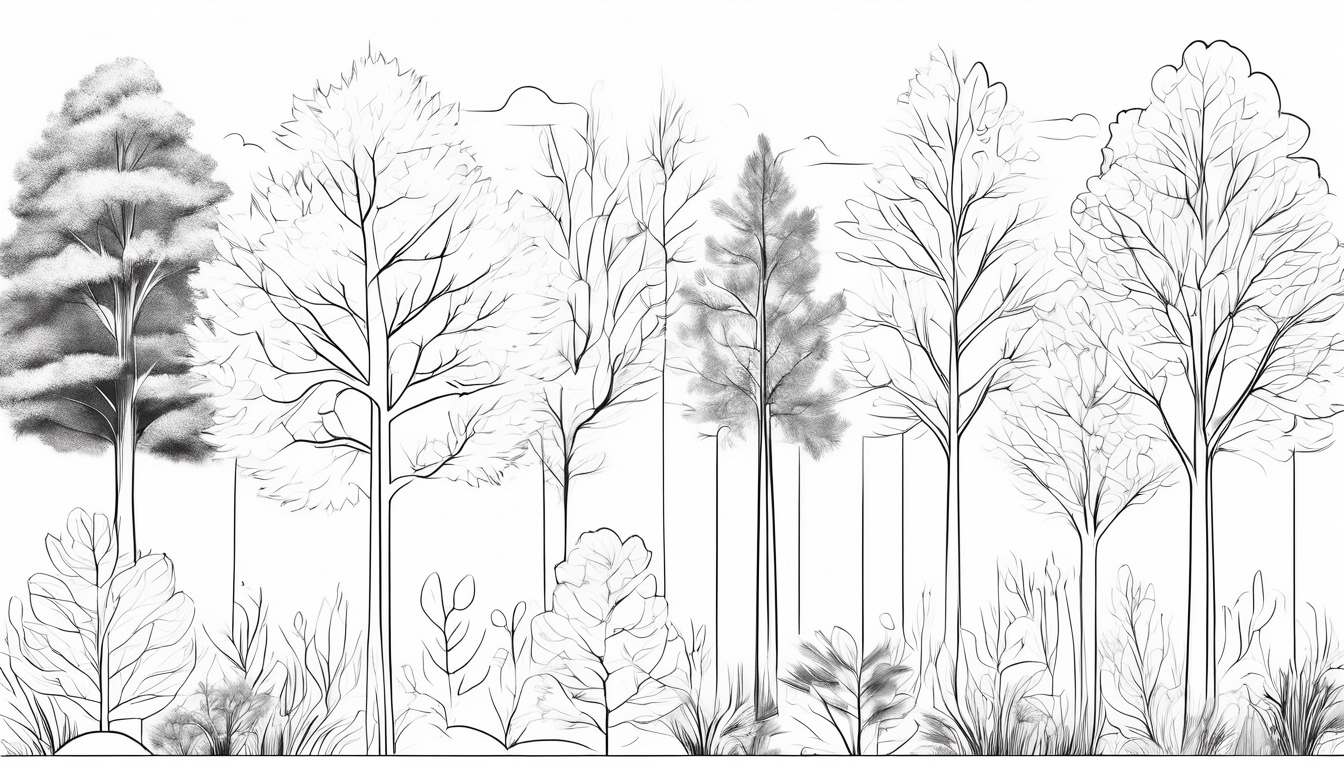The Value Of Landscaping: Why A Contractor Is Worth It Truco Services (801) 466–8044


Truco Services, Inc. is a Commercial Landscape Contractor located at 4640 Commerce Dr, Murray, UT 84107 +18014668044 https://www.trucoservices.com/
Call Truco Services, Inc. today for an evaluation and bid on your project.
(801) 466–8044
The Value of Landscaping: Why Hiring a Contractor is Essential for Your Outdoor Space
Landscaping can significantly enhance the beauty and functionality of your outdoor space. Many homeowners may feel tempted to handle landscaping projects on their own, thinking they can save money. However, the value of hiring a professional contractor like Truco Services (801) 466–8044 often far outweighs the costs. Here’s why investing in a landscaping contractor is essential for creating an outstanding outdoor environment.
Expertise and Experience
Professional contractors bring a wealth of knowledge and experience to the table. They understand which plants thrive in your local conditions, how to design layouts that last, and what materials work best for your project. The specific advantages include:
- Design Skills: A contractor can create visually appealing designs that enhance your property’s value.
- Familiarity with Flora: They know which plants are low-maintenance yet beautiful.
- Problem-Solving: Issues with drainage or soil type can be resolved effectively by an experienced landscaper.
Time and Stress Savings
Managing a landscaping project can be time-consuming and stressful. If you’re juggling work and family responsibilities, finding time to design and implement a landscaping plan may seem overwhelming. Hiring a contractor allows you to:
- Focus on Your Life: Free yourself from the pressure of doing it all.
- Enjoy Professional Installation: Contractors handle everything from start to finish.
- Skip the Guesswork: You won’t have to spend hours researching plants or design trends.
Quality Workmanship
Quality is a significant factor when it comes to any home improvement project. A landscaping contractor is committed to achieving the highest standards from the start. Benefits of quality workmanship include:
- Durability: Well-installed features, like patios and walkways, last longer.
- Aesthetic Appeal: Professional landscaping elevates your home’s curb appeal.
- Compliance with Regulations: Ensures that all local laws and regulations are met, avoiding fines or issues later.
Access to Resources and Tools
Landscaping companies have access to high-quality materials that may not be available to the general public. Additionally, they come equipped with specialized tools that ensure proper installation and maintenance. This access means:
- High-Quality Plants: Professionals often source plants from reliable nurseries.
- Specialized Equipment: They have the right tools for planting, excavation, and maintenance.
- Better Deals: Contractors often receive discounts on bulk materials.
Custom Solutions
Every outdoor space is unique, and a one-size-fits-all approach doesn’t work. A contractor will assess your yard and tailor a landscaping plan to meet your needs. This tailor-made service offers:
- Personalized Designs: Create a space that reflects your style and needs.
- Adaptive Planning: Adjustments based on your preferences or changes in landscape characteristics.
- Long-Term Vision: Consider future maintenance and the evolving appearance of your garden.
Increased Property Value
Good landscaping can boost your home’s value significantly. If you plan to sell your home, an attractive garden or yard can be a major selling point. Here’s how landscaping impacts value:
- Enhanced Curb Appeal: A beautiful landscape attracts potential buyers immediately.
- Perceived Worth: Well-maintained lawns and gardens increase the overall desirability of your property.
- Return on Investment: A landscaping investment often generates high returns when selling your home.
Opting for a professional contractor like Truco Services (801) 466–8044 for your landscaping needs ensures you invest wisely in your outdoor space. With their expertise, top-notch tools, and a commitment to quality, a contractor not only saves you time and stress but also enhances the functionality and beauty of your property. Making this choice can lead to long-term enjoyment and increase your home’s market value, making it a truly worthwhile investment.
Cost vs. Quality: Understanding the Investment in Professional Landscaping
When it comes to enhancing the beauty and functionality of your outdoor space, professional landscaping stands out as a worthy investment. While some may focus solely on the initial cost, the true value lies in the quality and long-term benefits that come with hiring a skilled contractor. Understanding this investment is key to making an informed decision about your property.
One of the first things to consider is the range of services offered by a professional landscaping contractor. Unlike DIY projects, which may lack the expertise to achieve a polished look, contractors bring a wealth of knowledge and experience. They offer services such as:
- Design and Planning: A professional can create a cohesive design that complements your home and lifestyle.
- Plant Selection: With access to a variety of plants suited for your climate, they can select the ones that thrive best in your environment.
- Soil Preparation: Quality landscaping starts from the ground up. Professionals know how to prepare soil to support plant life.
- Maintenance: Ongoing care ensures your landscape remains vibrant and healthy, making your initial investment last longer.
Cost is often a primary concern when deciding whether to hire a landscaper. However, it’s essential to weigh the cost against the quality and benefits you’ll receive. Let’s take a closer look at this aspect.
Investing in professional landscaping means prioritizing quality over a lower price tag. While some might opt for cheaper alternatives, those options often lead to subpar results. The hidden costs of not hiring a professional can manifest in:
- Frequent repairs and replacements: Plants that don’t thrive need to be replaced often, increasing overall costs.
- Inadequate designs: A haphazard layout can diminish the visual appeal and decrease property value.
- Time investment: DIY projects can take much longer, which could mean missed opportunities to enjoy your outdoor space.
Hiring a professional landscaping contractor like Truco Services (801) 466–8044 ensures that you get quality workmanship from the start. Their team is trained to assess your landscape’s specific needs, ensuring that each project is tailored to the unique characteristics of your property. They value customer satisfaction, making sure that your vision is realized with top-notch materials and techniques.
Another significant advantage of choosing a professional is the potential increase in property value. A well-landscaped home can boost curb appeal, leading to a higher resale value. Real estate professionals often note that homes with attractive landscapes sell faster than those without. This showcases the return on investment that quality landscaping provides.
While the upfront costs of hiring a contractor may seem intimidating, consider it a long-term investment. Think of the time saved from labor and the efficiency of experienced professionals who deliver results. Additionally, consider these factors:
- Personalized Service: Professionals listen to your preferences and create a space that reflects your style.
- Resource Access: Contractors often have access to better-quality materials at competitive prices.
- Expertise: The right contractor will be familiar with local plants and environmental conditions, ensuring long-lasting results.
It’s also wise to consider the environmental impact of your landscaping choices. Professionals can implement sustainable practices, such as using drought-resistant plants and efficient irrigation systems, which can lower water usage and maintenance costs. This not only benefits your wallet but also contributes to environmental conservation.
Another important consideration is the design phase. Landscaping isn’t just about planting; it’s about creating an outdoor space that is both visually stunning and functional. Skilled landscapers know how to design spaces that flow seamlessly and are enjoyable to use. They can integrate features such as patios, pathways, and lighting that enhance usability and beauty.
The value of professional landscaping goes beyond aesthetics; it is an investment in your property’s future. While the upfront cost may seem high, the long-term benefits — enhanced property value, reduced maintenance headaches, and a thriving environment — often outweigh initial financial concerns. By opting for a contractor, you’re not just paying for a service; you’re investing in a better quality of life in your own backyard.
Choosing to hire a landscaping contractor is about making a wise investment that pays off in countless ways. From improving your home’s aesthetic to enhancing its value, there are numerous reasons to prioritize quality and consider the benefits a professional can bring. Contact Truco Services (801) 466–8044 today to begin transforming your outdoor space into a stunning retreat.
Transforming Your Home’s Curb Appeal: The Impact of Expert Landscaping
When it comes to the appeal of your home, first impressions matter a lot. The exterior is the first thing visitors and potential buyers see. By investing in expert landscaping, you can significantly enhance your home’s curb appeal. Professionals in the field turn ordinary yards into extraordinary spaces that reflect your style and personality.
Landscaping does far more than make a home look good. It offers numerous advantages that positively impact your property’s value and livability. Here are some reasons why hiring a landscaping contractor, like Truco Services, is well worth your time and investment.
Increased Property Value
One of the most compelling reasons to invest in landscaping is its ability to increase property value. According to home improvement experts, adding a landscaped area can yield an impressive return on investment. Homes that boast attractive landscaping often sell faster and at higher prices than those without.
Here are a few ways landscaping adds value:
- Curb Appeal: A well-maintained yard creates a positive first impression.
- Functional Outdoor Spaces: Beautiful patios, gardens, and pathways create areas for relaxation and entertainment.
- Tree Planting: Mature trees provide shade and improve home energy efficiency.
- Seasonal Color: Flowers and plants that bloom at different times of the year add vibrance to your property.
Personalized Outdoor Spaces
Your home should reflect your taste and lifestyle. A landscaping contractor has the expertise to develop outdoor spaces that align with your vision. Whether you’re dreaming of a cozy patio for family gatherings or a vibrant garden full of your favorite flowers, a professional can bring your ideas to life. They’ll assess your property, understand your preferences, and suggest design concepts that work best for you.
Improved Sustainability
Many expert landscapers prioritize sustainability. They can recommend native plants that require less water and maintenance. This not only helps in reducing your utility bills but also contributes to environmental conservation. Consider some of the benefits of sustainable landscaping:
- Water Conservation: Using drought-resistant plants minimizes the need for irrigation.
- Soil Health: Implementing techniques to improve soil quality supports thriving greenery.
- Wildlife Support: Native plants attract beneficial wildlife, such as birds and butterflies.
Customized Maintenance Plans
Maintaining a beautiful landscape can be overwhelming, especially if you are unsure where to start. Professional landscaping contractors provide tailored maintenance plans. They ensure that your yard remains lush and healthy throughout the seasons. Their services may include:
- Regular Lawn Care: Mowing, fertilizing, and weed control keep your lawn looking immaculate.
- Pruning and Trimming: Essential for maintaining the health and appearance of plants and trees.
- Pest Control: Protects your plants from detrimental pests while being eco-friendly.
Enhanced Outdoor Living Experience
Landscaping extends your living space outdoors. With the right design, your backyard can become an extension of your home. Imagine hosting barbecues, family gatherings, or simply enjoying a quiet evening outdoors. Expert landscapers not only beautify your yard but can also incorporate features that enhance your outdoor experience. These might include:
- Fire Pits: Perfect for cozy gatherings.
- Patios and Decks: Ideal for dining or relaxing.
- Water Features: Fountains or ponds that add tranquility and charm to your yard.
Expert landscaping holds immense value for any homeowner. By hiring a contractor like Truco Services at (801) 466–8044, you can experience a transformation that goes beyond mere appearance. With professional insight, personalized designs, and ongoing maintenance, you’ll enhance both your home’s curb appeal and your lifestyle. Investing in quality landscaping not only beautifies your home but also creates a welcoming atmosphere that you and your family can enjoy for years to come.
Eco-Friendly Landscaping Solutions: How Contractors Can Help
Landscaping isn’t just about aesthetics; it’s also about making choices that benefit the environment. As more people become aware of the importance of sustainable practices, eco-friendly landscaping solutions have gained popularity. When you hire a contractor for your landscaping needs, you gain access to a wealth of knowledge and resources that help you create a greener space. Here’s how contractors can assist in transforming your yard into an eco-friendly paradise.
Understanding Eco-Friendly Practices
Eco-friendly landscaping involves using techniques and materials that have little to no negative impact on the environment. This kind of landscaping emphasizes sustainability, water conservation, and biodiversity. Here are some key practices your contractor may suggest:
- Native Plant Selection: Choosing plants that are native to your region means they require less water, are more resistant to local pests, and contribute to the local ecosystem.
- Water Management: Implementing rain gardens, drip irrigation systems, and xeriscaping helps to conserve water while effectively managing drainage and runoff.
- Organic Gardening: Using organic fertilizers and pest control methods limits the introduction of harmful chemicals into the environment.
- Composting: Encouraging composting helps recycle kitchen and yard waste, creating nutrient-rich soil for your plants.
- Hardscaping with Sustainable Materials: This involves using recycled or sustainably sourced materials for paths, patios, and walls.
The Benefits of Hiring a Contractor
While DIY landscaping might seem appealing, there are multiple benefits to hiring a contractor who specializes in eco-friendly solutions. Here’s what they bring to the table:
- Expert Knowledge: Contractors have extensive knowledge about native plants, pest management, and eco-friendly practices that may not be readily available to everyday homeowners.
- Customized Plans: A professional can create a landscaping plan tailored specifically to your property’s needs, taking into account its layout, sun exposure, and local climate.
- Time-Saving: Landscaping can be a time-consuming endeavor. Contractors handle all aspects of the job efficiently, allowing you to focus on other important responsibilities.
- Long-Term Cost Savings: While hiring a contractor involves upfront costs, the long-term savings from reduced water usage and lower maintenance requirements can outweigh initial investments.
- Increased Property Value: A well-designed, eco-friendly landscape can enhance your home’s curb appeal and overall value, making it an attractive feature to potential buyers.
Implementing Sustainable Practices
When you decide to work with a contractor, they can guide you through the implementation of various sustainable practices. Here are a few strategies they might recommend:
- Soil Health: Healthy soil is the foundation of a thriving landscape. Contractors can recommend soil testing and amendments to improve its quality.
- Efficient Irrigation: Installing rain sensors and smart irrigation systems ensures your plants receive the right amount of water without waste.
- Plant Diversity: A diverse planting scheme helps to create a balanced ecosystem, making your yard more resilient to pests and diseases.
- Pest Control Strategies: Contractors may utilize integrated pest management (IPM) techniques to minimize the use of chemicals and promote a healthier landscape.
Choosing the Right Contractor
Finding a contractor who specializes in eco-friendly landscaping can make all the difference. Start with the following tips:
- Research: Look for contractors with experience in sustainable practices and positive client reviews.
- Ask Questions: Don’t hesitate to ask about their approach to eco-friendly landscaping and their knowledge of local plants.
- Get Quotes: Compare quotes and services to ensure you’re getting the best value for your investment.
The landscape around your home is an extension of your living space. By collaborating with a qualified contractor on eco-friendly solutions, you can cultivate a beautiful outdoor area that supports the planet and enhances your property. Investing in sustainable landscaping is not just a trend; it’s a commitment to a healthier environment for future generations.
Seasonal Maintenance: Why a Professional Landscape Contractor Makes a Difference
Landscaping is not just about aesthetics; it plays a crucial role in the overall health and value of your property. Seasonal maintenance is a vital part of landscaping that helps keep your outdoor space thriving. Hiring a professional landscape contractor can make a significant difference in how effectively this maintenance is performed. Here’s why making that investment can bring both immediate and long-term benefits.
First and foremost, a landscape contractor brings expertise that most homeowners simply don’t possess. They are trained in the specifics of plant care, soil health, and pest management. They understand local climate conditions and how they affect different types of flora. This knowledge allows them to recommend the best plants for your garden and helps ensure your landscaping choice flourishes throughout the changing seasons.
When it comes to seasonal maintenance, there are several benefits of hiring a professional:
- Comprehensive Care: A contractor will offer a full suite of services, including aeration, fertilization, pruning, and pest control. This holistic approach ensures that all aspects of your landscape are taken care of, promoting healthy growth.
- Time-Saving: Seasonal tasks can be time-consuming. By hiring a professional, you free up your own time to enjoy your beautiful yard rather than spend hours maintaining it.
- Access to Professional Tools: Landscape contractors have specialized tools designed for efficiency and effectiveness. Owning such equipment can be expensive, and using the wrong tools can damage your plants.
- Improved Aesthetics: A trained eye can significantly enhance the beauty of your yard. Professionals understand landscaping techniques that can highlight your property’s strengths while downplaying its weaknesses.
- Regular Monitoring: Landscape contractors often provide seasonal assessments. This ongoing monitoring can catch potential issues before they turn into costly repairs.
The seasonal maintenance your landscape contractor provides can greatly depend on the time of year. For instance, in the spring, they may focus on preparing the soil and planting new flowers and shrubs. In the summer, irrigation and weed control will be top priorities. In the fall, they’ll ensure leaves are cleared and proper winterization practices are taken care of. Winter may involve pruning and mulching to protect your plants from frost damage.
A significant aspect of the value a contractor offers lies in their experience. Having tackled countless projects, they’ve seen what works and what doesn’t. For example, they know which plant varieties thrive in your local climate and which ones tend to struggle. They can also advise on the best times for planting and maintenance, ensuring that your landscape is always at its best.
When seeking a professional, ensure you choose one with a solid reputation. Look for reviews and testimonials from previous clients to gauge their level of service. A good contractor, such as Truco Services (801) 466–8044, will not only handle your seasonal maintenance but can also offer guidance for future projects to continually improve your outdoor space.
Cost can often dissuade homeowners from hiring a landscape contractor. However, it’s essential to view it as an investment rather than just an expense. Proper maintenance can boost your property’s curb appeal, potentially increasing its value should you decide to sell. Additionally, neglected gardens may require more costly repairs down the line. It’s far more economical to maintain your landscape regularly than to let it fall into disrepair.
Furthermore, a professionally maintained landscape contributes to the environmental health of your area. Healthy gardens provide habitats for wildlife, improve air quality, and even assist in soil conservation. A professional contractor understands eco-friendly practices, including organic pest control and sustainable landscaping methods, that help promote a healthy ecosystem.
Hiring a professional landscape contractor for seasonal maintenance is more than just a luxury; it’s a practical solution. The expertise, efficiency, and aesthetic value they bring can significantly enhance both your home’s beauty and its market value. Plus, you get to enjoy all the benefits of a lovely outdoor space without the associated stress. Whether you’re just starting or looking to upgrade your current landscaping, a partner like Truco Services can guide you through every step, ensuring your property looks its best year-round.
Key Takeaway:
When considering the value of landscaping, hiring a professional contractor is essential for creating and maintaining an outdoor space that reflects your personal style and enhances your home’s overall value. One key takeaway from this discussion is that investing in professional landscaping goes beyond mere aesthetics; it significantly impacts the quality, functionality, and sustainability of your outdoor areas.
Firstly, hiring a landscaping contractor ensures that you receive high-quality work tailored to your specific needs. While the initial cost may seem daunting, understanding that this is an investment rather than an expense can shift your perspective. Quality landscaping increases your home’s market value and can pay off in the long run through improved curb appeal and responsiveness to market trends. Homebuyers often look for homes that have well-designed outdoor spaces, and investing in professional landscaping can be a considerable advantage when selling your property.
Moreover, expert landscapers possess the knowledge and experience to transform your home’s curb appeal through creative and functional designs. They can create aesthetic landscapes that align with your vision while also considering factors like plant health, local climate, and soil conditions. Their expertise ensures that your outdoor area not only looks beautiful but thrives over time.
Additionally, eco-friendly landscaping solutions are becoming increasingly important in today’s environmentally-conscious world. Professionals can introduce sustainable practices, such as native plants, water-efficient irrigation systems, and organic maintenance methods that protect the environment while enhancing your outdoor space.
Seasonal maintenance is crucial for keeping your landscaping vibrant and healthy year-round. Professional contractors can assist with everything from winterizing gardens to spring planting, which takes the stress off homeowners and ensures that the landscape remains inviting regardless of the season.
Investing in a professional landscaping contractor provides immense value through quality work, improved curb appeal, environmentally-friendly options, and consistent seasonal maintenance. When you choose experts for your landscaping needs, you are not just enhancing your home; you’re investing in a more enjoyable, sustainable, and valuable outdoor living space.
Conclusion
Investing in professional landscaping is more than just a home improvement project; it’s a multifaceted commitment that pays dividends in terms of aesthetics, value, and sustainability. By hiring a contractor for your outdoor space, you tap into a wealth of expertise that spans across various aspects of landscaping. One of the most significant takeaways is the cost versus quality equation. Although the initial investment might seem steep, professional landscaping delivers long-term benefits that often outweigh the upfront costs. Quality materials and skilled labor ensure that your landscape not only looks stunning but also thrives over time, thereby minimizing future expenses.
Transforming your home’s curb appeal is another compelling benefit of enlisting an expert’s help. A well-designed landscape does wonders for the visual attractiveness of your property, making it more inviting and potentially increasing its resale value. Small design elements or thoughtful plant selections can significantly impact how your home is perceived by visitors and potential buyers alike. This kind of transformation requires a nuanced touch, which is something that experienced contractors excel at providing.
Moreover, the rise of eco-friendly landscaping solutions offers an additional layer of value. Licensed contractors can guide you toward sustainable practices and native plant choices, ensuring that your yard is both beautiful and environmentally responsible. These solutions not only appeal to eco-conscious homeowners but also enhance the ecological diversity of the area.
Seasonal maintenance is yet another reason why a professional landscape contractor is a smart choice. Landscaping is not just a “set it and forget it” job. Regular care, attention, and seasonal adjustments are essential to keep your outdoor space flourishing throughout the year. A knowledgeable contractor will help you stay ahead of seasonal changes, ensuring that your landscape is well-prepared for whatever Mother Nature has in store.
Ultimately, the decision to hire a landscaping contractor is an investment in your home’s future. When it comes to your outdoor space, don’t just settle for average; strive for exceptional. With professional help, you can create an attractive, functional, and sustainable landscape that you’ll be proud of for years to come.
For expert landscaping services, contact;
Truco Services
(801) 466–8044












